The Moral Philosophy of John Steinbeck
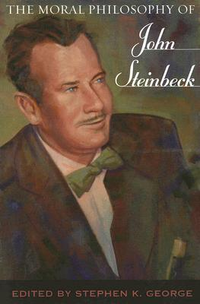
Summary
More than any other author of the Modern period of American literature, John Steinbeck evidenced a serious interest and background in moral philosophy. His personal reading collection included works ranging from Kant and Spinoza to Taoism and the Bible. Critics also consistently identify Steinbeck as an author whose work promotes serious moral reflection and whose characters undergo profound moral growth. Yet to date there has been no sustained examination of either John Steinbeck's personal moral philosophy or the ethical features and content of his major works.
This critical neglect is remedied by a collection of highly readable essays exploring the philosophy and work of one of America's few Nobel Prize winning authors. These thirteen essays, written by experts both within philosophy and Steinbeck studies, examine almost all of Steinbeck's major works. Included in the compilation are five general essays examining Steinbeck's own moral philosophy and eight specific essays analyzing the ethics of various major works.
Similar Books
-
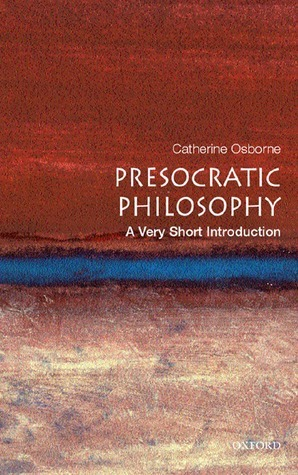 Presocratic Philosophy: A Very Short Introduction
Presocratic Philosophy: A Very Short Introductionby Catherine Osborne
-
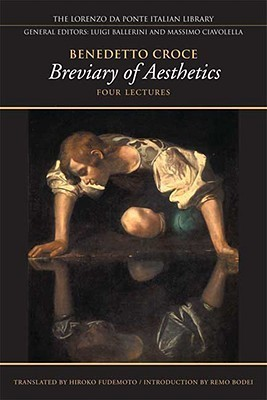 Breviary of Aesthetics: Four Lectures
Breviary of Aesthetics: Four Lecturesby Benedetto Croce
-
 Guide to aesthetics =: Breviario di estetica
Guide to aesthetics =: Breviario di esteticaby Benedetto Croce
-
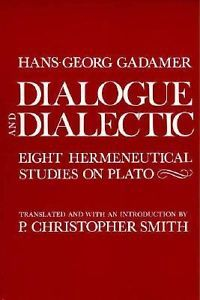 Dialogue and Dialectic: Eight Hermeneutical Studies on Plato
Dialogue and Dialectic: Eight Hermeneutical Studies on Platoby Hans-Georg Gadamer
-
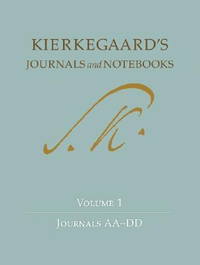 Journals and Notebooks, Vol 1: Journals AA-DD
Journals and Notebooks, Vol 1: Journals AA-DDby Søren Kierkegaard
-
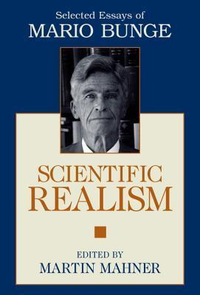 Scientific Realism: Selected Essays of Mario Bunge
Scientific Realism: Selected Essays of Mario Bungeby Mario Bunge
-
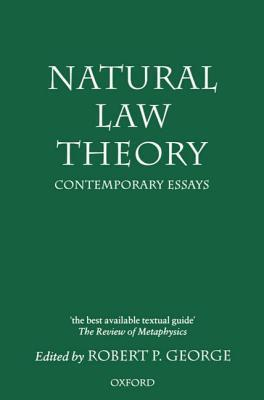 Natural Law Theory: Contemporary Essays
Natural Law Theory: Contemporary Essaysby Robert P. George
-
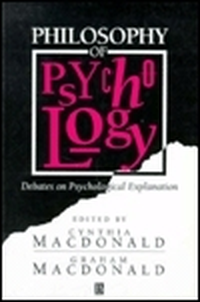 Philosophy of Psychology
Philosophy of Psychologyby Cynthia Macdonald
-
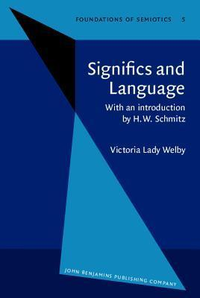 Significs and Language
Significs and Languageby Victoria Welby
-
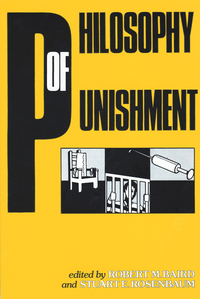 Philosophy of Punishment
Philosophy of Punishmentby Robert M. Baird
-
 The Works of Henry Sidgwick
The Works of Henry Sidgwickby Henry Sidgwick